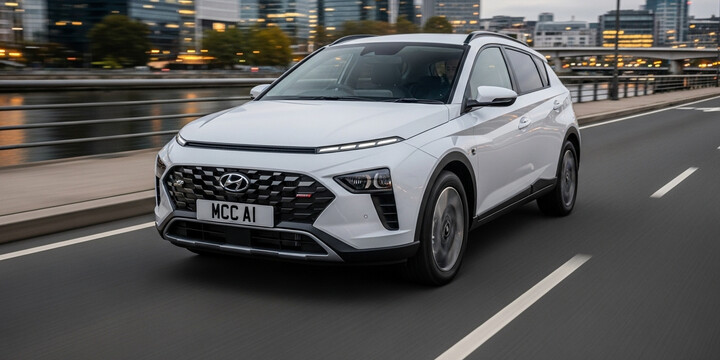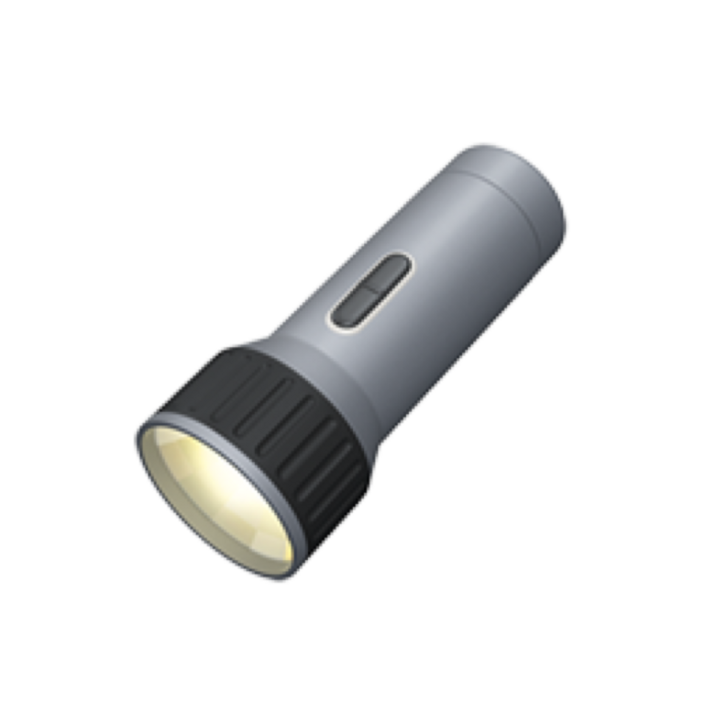HYUNDAI BAYON (2024-) 5DR SUV 1.0T-GDI MHEV 100 GPF SS EU6 ADVANCE DCT AUTO7

Buyer's Guide & Data from our Checks
The Hyundai Bayon (2024-) 5-door SUV 1.0T-GDI MHEV 100 GPF SS EU6 Advance DCT Auto7 is a compact crossover designed for urban driving and everyday versatility. Positioned in the UK market as a stylish, practical SUV, it appeals to a broad range of drivers, including small families, city commuters, and first-time car buyers. Its modern design and efficient hybrid technology make it a popular choice for those seeking a balance of economy and convenience.
Mycarcheck.com data shows a high interest in this vehicle, with six recorded lookups and six different VINs, indicating a consistent interest in the model. The average private sale valuation stands at around £18,200, reflecting its competitive pricing in the used car market. This model is typically used for daily commuting, family outings, and city errands, thanks to its compact size, fuel efficiency, and reliable performance.
What sets the Hyundai Bayon apart in its class are features such as advanced safety equipment, user-friendly technology, and impressive fuel economy. The hybrid engine option makes it an attractive option for eco-conscious drivers. Compared to rivals, it often scores well for comfort and value, making it a well-rounded choice for those looking for a reliable, stylish, and affordable small SUV.
Key Findings
The following statistics are drawn from our checks of 6 different vehicles, run between January 17th 2025 and December 31st 2025. These real-world insights provide context for this vehicle's place in the market, as well as its typical usage.
6
Lookups
Lookups
0
Hidden Histories
Hidden Histories
0k
Average Mileage
Average Mileage
£18,200
Average Valuation
Average Valuation












